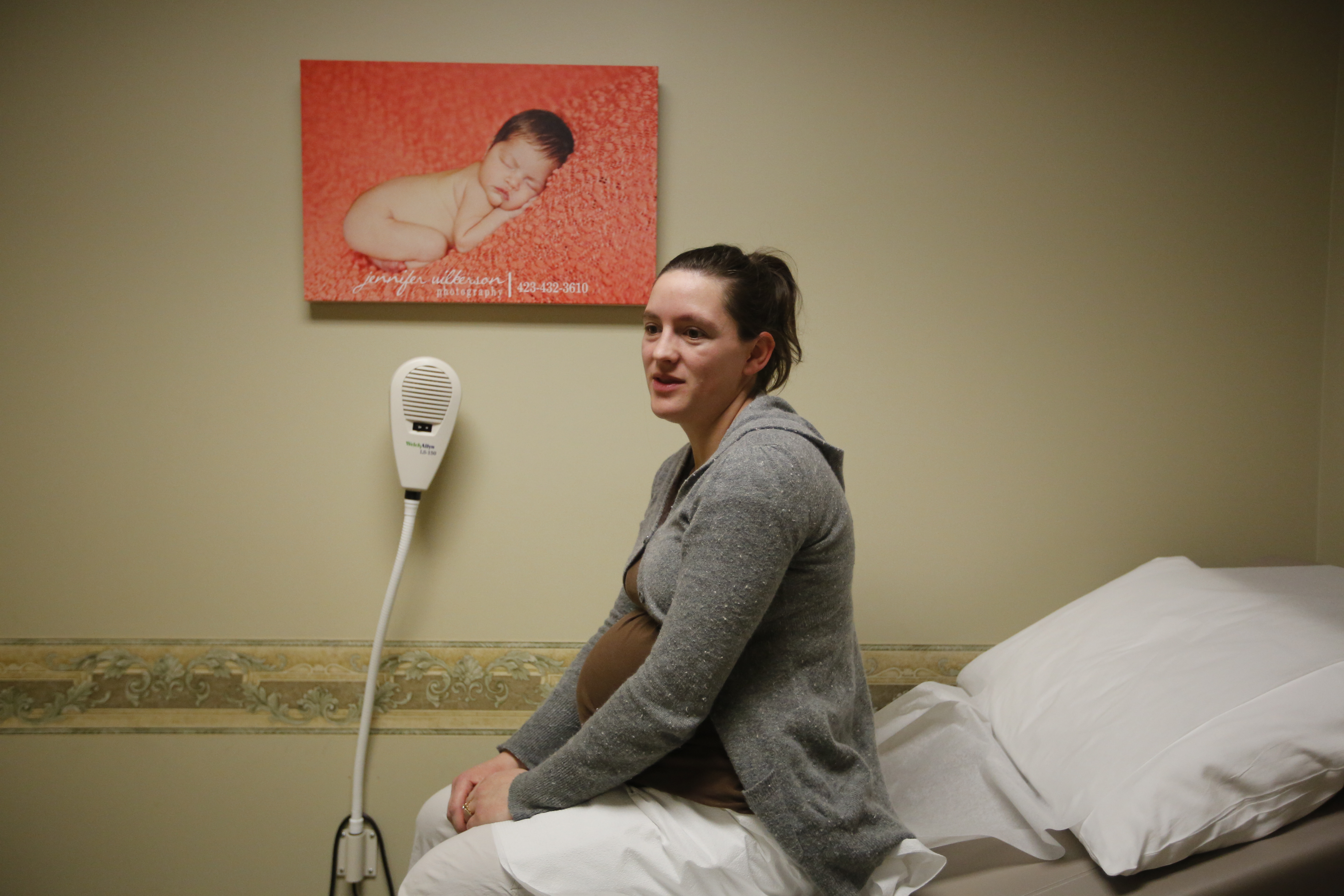Editor's note: This is the third in an occasional series on the 10 essential health benefits required by the Affordable Care Act.
Even before the Affordable Care Act, maternity coverage long has been seen as a critical part of health insurance for women.
Federal law has directed that it be included in employers' group insurance plans. State Medicaid programs have created special safety nets for pregnant, uninsured women to get coverage for their labor and delivery.
But thousands of people in the individual insurance market long have been in a maternity coverage gap -- which made planning a family without breaking the bank a tricky balancing act.
Before Jan. 1, no individual plans in Tennessee and just a few in Georgia included maternity care. Those who wanted the extra coverage would have to purchase a "maternity rider," sometimes at hundreds of additional dollars per month.
As of this year, however, that structure is changing.
Maternity care is among the benefits deemed essential by the Affordable Care Act, meaning all new insurance policies must include coverage for maternity and newborn care.
Karen Davenport, director of health policy at the National Women's Law Center in Washington, D.C., said the inclusion "is huge" for the growing individual market.
"For many women, maternity care is something they need at some point in their life," Davenport said. "And it is an event that is very hard to pay for by yourself these days. You can easily be looking at $10,000 for maternity care."
Now, all individual plans must include such benefits in what's called a "benchmark plan."
In Tennessee, the benchmark plan -- BlueCross BlueShield of Tennessee's PPO plan -- includes maternity care and inpatient delivery services, "including routine nursery care and complications of pregnancy."
Other ACA provisions state that women's preventive services covered under the law should also encompass prenatal care.
For people who have paid extra for the maternity riders, the new inclusion "removes significant financial hoops," said David Yoder, a broker who worked for years in the individual market and who most recently helped launch American Exchange, a Chattanooga-based broker that specializes in coverage on the new health insurance marketplace.
Yoder knows this on a business level, but also on a personal level. He and his wife, Morgan, paid $250 a month for a separate maternity rider for four years.
The maternity rider had to be added when the plan was purchased, not later, and there was a 10-month waiting period for the coverage to kick in.
"We're both healthy, but we didn't want to take the chance of not having it," Yoder said. "The only way to do that was to get the coverage up front."
Davenport said such waiting periods and stringent rules effectively meant that maternity was treated as a pre-existing condition.
"It wasn't worth it to buy the coverage because it wouldn't be effective in time," Davenport said.
Last fall, the Yoders purchased a plan on the health insurance exchange that includes maternity care. The couple found out they were pregnant in December.
Another couple American Exchange has worked with, Lee and Rachel Gates, also paid for the maternity rider for two and a half years.
"We had it because we thought it was wise," said Lee Gates. "Even though we weren't ready to have a family yet, there were just so many expenses of having a kid that we believed it was worthwhile."
When the couple's individual insurance plan was phased out by BlueCross at the end of last year, they got a new plan that included maternity care. It costs $40 more a month than their old plan but has a lower deductible.
The Gateses also found out they were pregnant late last year.
While Gates says he is grateful for the coverage, he doesn't necessarily agree that maternity care should be labeled "essential."
"There are a lot of people who don't need that coverage, and I don't really feel like they should be compelled to help cover me and my wife," Gates said.
Davenport frequently has heard this concern, especially late last year when thousands of people lost their individual coverage because the plans did not include the new, mandated health benefits.
She responds by saying that maternity care, like other big health issues, meets the definition of what should be included in comprehensive health insurance.
"The point of health insurance is that we spread risk for major health events. That includes having a baby. And that includes colon cancer," said Davenport. "You don't get to pick and choose which conditions health insurance covers and which ones it doesn't."
Enrollment for insurance plans on the new health insurance marketplace ends March 31.
Contact staff writer Kate Harrison at kharrison@timesfreepress.com or 423-757-6673.


